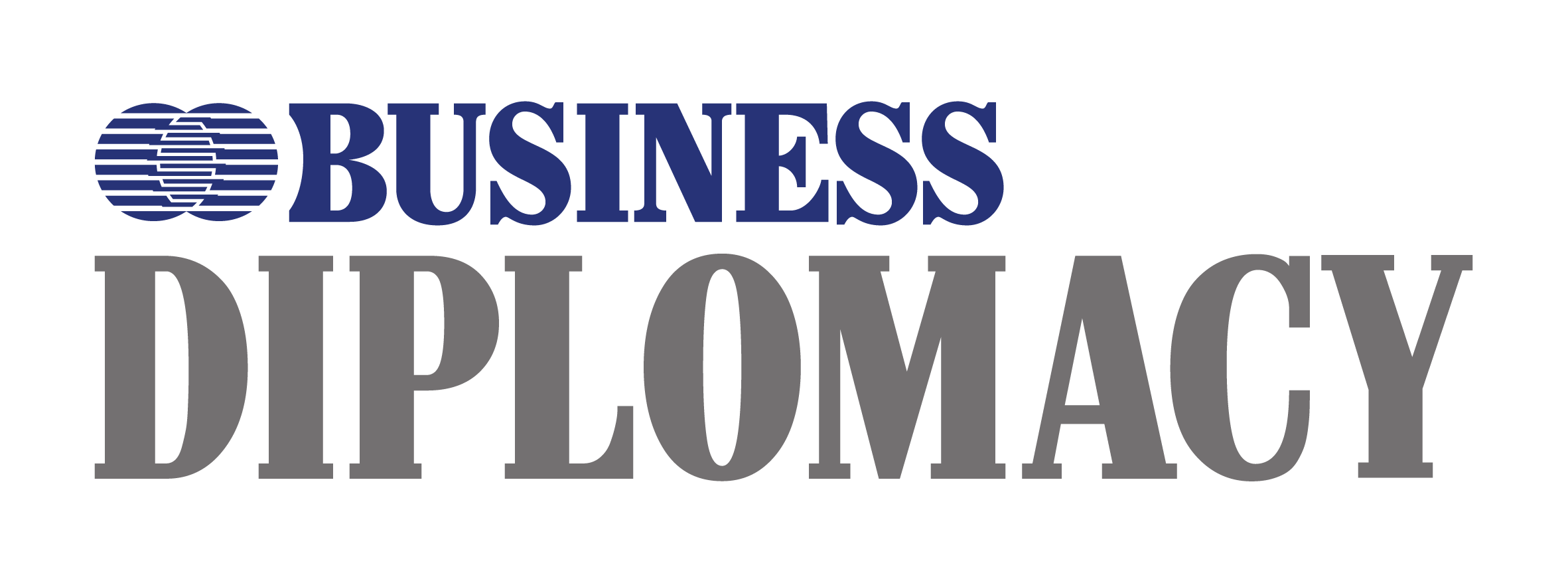Customs Union And Turkiye-EU Trade Relations
There is an urgency to update the Customs Union by taking into account the critical paradigm changes affecting foreign trade
The first official relationship between Türkiye and the European Union (EU) started following the signature of the Ankara Agreement in 1963, and as a result of this agreement that entered into force in 1964, it was decided to gradually eliminate the economic differences between Türkiye and European countries. At the end of this process called the “preparatory stage”, the details of Türkiye’s membership process to the Customs Union and then to the European Union were brought to the agenda through the Additional Protocol signed in 1973. In this process called the “transition period”, while the EU removes customs duty and other non-tariff barriers in its imports from Türkiye, our country has committed to do the same during the 12- and 22-year transition period and to harmonize its legislation in the field of the economy with the EU.
At the end of the 22-year period stipulated by the Additional Protocol, a Customs Union was established between Türkiye and the European Union, covering industry and processed food products, as a result of the decision numbered 1/95
of the Association Council. Thus, the “transition stage”, which is the second of the 3 stages envisaged in the Ankara agreement, was completed and the final stage, the “completion stage”, began. At this stage, the only aim in front of Türkiye stands as full membership to the European Union.
Considered a single block, the European Union is one of the most significant economic actors around the world. Having a population of close to 500 million, a per capita income of over USD 30 thousand and a GDP of over USD 15 trillion, the Union ranks second around the world after the USA. In global foreign trade, it has a share of around 15 per cent and ranks second in the world, while ranking first in service exports. After entering the Customs Union in 1995, the commercial relations between Türkiye and the EU have developed immensely and our total foreign trade volume has reached USD 196 billion at the end of 2022. Türkiye’s exports to the EU reached USD 103.1 billion in 2022, and thus, the share of our exports to the EU in our total exports reached 40.6 per cent.

Considered a single block, the European Union is one of the most significant economic actors around the world
Even though the bilateral trade relations between Türkiye and the EU have improved significantly following the Customs Union, an update to the Customs Union has become a necessity in terms of both furthering the relations and reflecting the main trends that have come to the fore in foreign trade in the recent period. As DEİK, we bring this issue to the agenda in almost every event we organize with European countries and convey our request to our interlocutors. We observe that there are significant paradigm shifts in foreign trade which gained momentum following the Covid-19 pandemic. As a result of the disruptions in supply chains, we have better grasped the importance of the preference for nearby markets and being accessible in terms of proximity. Besides, another important concept that gained momentum following the pandemic was digitalization. As a result, e-export has become one of the most significant issues with its reflection on e-commerce and foreign trade. Along with e-export, marketplaces have started to digitalize, which has brought a new dimension to trade. Another significant concept is the carbon border adjustment mechanism that came to the agenda following the European Green Deal and its reflection on foreign trade.
On the other hand, today, trade agreements do not only deal with tax and non-tax barriers like traditional trade agreements, but many factors such as environment, human rights, intellectual property rights, and service trade may be the subject of trade agreements. In consideration of all these developments, there is an urgency to update the Customs Union by taking into account the critical paradigm changes affecting foreign trade, especially carbon border adjustment and digital transformation in connection with the green transformation. As DEİK, we always bring this issue to the agenda in all our activities in the European region as we carry out business diplomacy activities, and we will keep bringing this issue up in the future as well.



